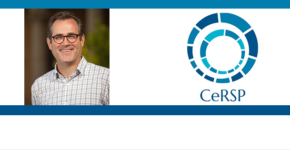Category: Political Science
-
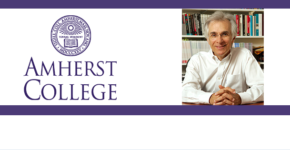
Austin Sarat, Amherst College – Lying to Government Officials
Do not lie to government officials. Austin Sarat, professor of jurisprudence and political science at Amherst College, explores why this law is more controversial than you might think. Austin Sarat is Associate Dean of the Faculty and William Nelson Cromwell Professor of Jurisprudence and Political Science at Amherst College. Professor Sarat is a pioneering figure…
-
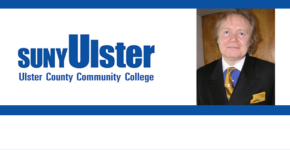
Ray Raymond, SUNY Ulster – The U.S. and U.K.’s Special Partnership
The U.S. and UK have enjoyed a strong relationship for centuries. Ray Raymond, professor of government and history at the State University of New York Ulster, explains the reasons for keeping such close ties with our friends across the pond. Dr. Ray Raymond is a former British diplomat who held a Post-Doctoral Fellowship at Yale…
-
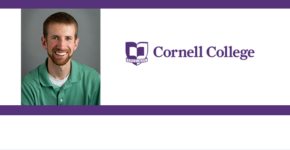
Hans Hassell, Cornell College – Political Candidate Media Coverage
The stories reporters write and the stories politicians want written are not always the same. Hans Hassell, assistant professor of politics at Cornell College, looks into this statement. Hans Hassell Teaches courses in American Politics at Cornell College in Mount Vernon, Iowa. His primary interests are campaigns and elections, political parties, and Congress. His research…
-
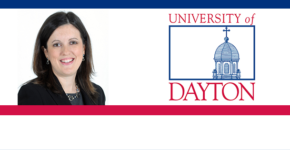
Michelle Pautz, University of Dayton – Movies and Government Officials
Are government employees treated differently by the movies than in popular opinion? Michelle Pautz, associate professor of political science at the University of Dayton, discusses how bureaucrats are shown in a different light in the dark of the theater. Michelle Pautz, associate professor of political science and assistant provost for the Common Academic Program at…
-
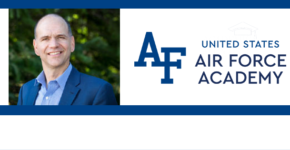
Damon Coletta, United States Air Force Academy – Educational Practice and Liberal Education
Could a focus on liberal education help America’s leadership in the world? Damon Coletta, professor of political science at the United States Air Force Academy, delves into this question. Damon Coletta is summer visiting scientist at the Center for Global Security Research at Lawrence Livermore National Laboratory and Professor of Political Science at the U.S.…
-
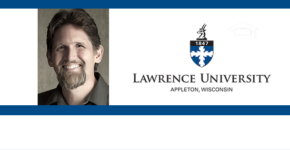
Peter Neal Peregrine, Lawrence University – Disaster Preparedness
Disaster preparedness is often lacking. Peter Neal Peregrine, professor of anthropology and museum studies at Lawrence University, examines whether greater local governance and political participation promoted more resilience after a catastrophe. Peter Neal Peregrine is an archaeologist who specializes in comparative research using archaeological data. His research focuses on the evolution of social complexity and…
-
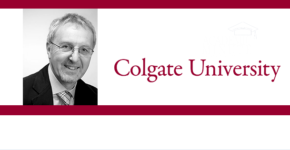
Robert Garland, Colgate University – Refugees Past and Present
The refugee crisis is ongoing. Robert Garland, professor of the classics at Colgate University, examines a past refugee crisis, and connects it to our present. Dr. Robert S.J. Garland is the Roy D. and Margaret B. Wooster Professor of the Classics at Colgate University. He earned his B.A. in Classics from Manchester University, his M.A.…
-
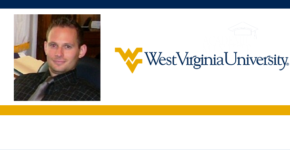
Simon Haeder, West Virginia University – Lessons from the Past on Healthcare
Governments taking away healthcare is actually quite rare. Simon Haeder, assistant professor of political science at West Virginia University, looks at the relationship between governments and health care programs through history. Simon F. Haeder is an Assistant Professor in the Department of Political Science in the John D. Rockefeller IV School of Policy & Politics…
-
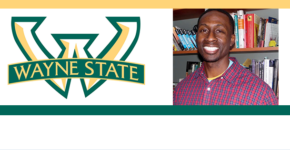
R. Khari Brown, Wayne State University – Race, Religion and Politics
Politically charged sermons can have varying effects on congregations. R. Khari Brown, associate professor in the department of sociology at Wayne State University, examines the pulpit. Khari Brown, an associate professor of sociology at Wayne State University, is a leading expert of religion and American politics. He is also an adjunct research scientist at the…

